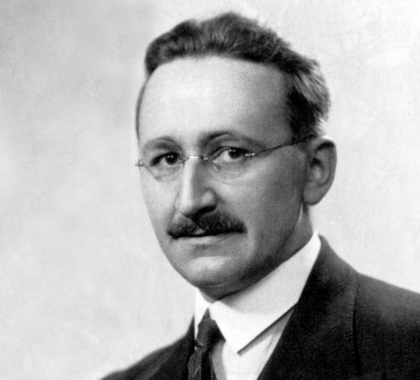Republicans in Congress appear to be at an impasse in their efforts to reform health care programs. After a concerted effort to reform Social Security during the George W. Bush presidency, the GOP has virtually abandoned its efforts to reform the entitlement program. Republicans are now in a prisoner’s dilemma, in which there is agreement that these entitlement programs are not sustainable, yet they cannot find a pathway to reform.
Eight years after the financial 2008 crisis, the federal government continues to incur deficits and accumulate debt at a troubling rate. Total federal debt now exceeds GDP, and the Congressional Budget Office projects the debt/GDP ratio will continue to climb at an unsustainable rate in the coming decades. Because entitlement spending accounts for most of the projected growth in spending, it will be virtually impossible to reduce debt to tolerable levels without fundamental reform of entitlement programs.
More than half a century ago, the great Austrian economist Friedrich Hayek predicted Americans would find themselves in this situation, and his views on social insurance have been the focus of a heated controversy. Liberal Keynesian economists cite Hayek in support of their efforts to expand entitlement spending.
In The Road to Serfdom, Hayek suggested a program of social insurance is not incompatible with a competitive capitalist system. However, in The Constitution of Liberty, Hayek identified the fatal flaw in current social insurance programs.
“Though a redistribution of income was never the avowed initial purpose of the apparatus of social security, it has now become the actual and admitted aim everywhere,” Hayek wrote. “No system of monopolistic compulsory insurance has resisted this transformation into something quite different, an instrument for the compulsory redistribution of income …”
Hayek argued the attempt to redistribute income through the welfare state is simply an alternative way to replace a competitive capitalist system with monopoly capitalism or socialism.
“Seen as an alternative to the now discredited method of directly steering production, the technique of the welfare state, which attempts to bring about a ‘just distribution’ by handing out income in such proportions and forms as it sees fit, is indeed merely a new method of pursuing the old aim of socialism.” Hayek said.
One of the most bizarre parts of this debate over entitlement reform was an attack on Hayek’s views launched by investigative reporters for The Nation. In 1973, Charles Koch invited Hayek to serve as a distinguished senior scholar at the Institute for Humane Studies (IHS). IHS, one of the foremost Libertarian think tanks, was preparing for its first conference on Austrian economics. Hayek initially declined the invitation. He had undergone gall bladder surgery, and was concerned about the problem of falling ill away from home. This problem was solved when Yale Brozen, his former colleague at the University of Chicago, determined that Hayek had earlier contributed to Social Security as a former faculty member, and therefore was eligible for Medicare during his stay at IHS. Charles Koch informed him of this and was successful in attracting Hayek to the IHS Program.
Hayek eventually received medical care in Boulder and in California as a Medicare beneficiary.
The investigative reporters for The Nation accused Hayek, his sponsor Charles Koch, and libertarians who support Hayek of hypocrisy for criticizing social insurance while accepting benefits. But, as Hayek points out in his book, contributions into Social Security and Medicare are not a voluntary transaction. After having contributed to these entitlement programs for 50 years as a faculty member at the University of Colorado, I am not about to refuse the benefits I am entitled to as an Emeritus Professor; nor will I stop searching for reforms to these entitlement programs required to restore a sustainable fiscal policy.
As bizarre as this debate is, it reveals why it is so difficult to reform entitlement programs. Libertarians are searching for reforms to provide effective and low-cost social services targeting the poor. As Hayek argued, those entitlement reforms must be consistent with a vigorous competitive capitalist system. Progressives view social insurance programs as a means to redistribute income, consistent with a dirigiste state. They do not seem to be too concerned by the fact that these social insurance programs are not sustainable.






